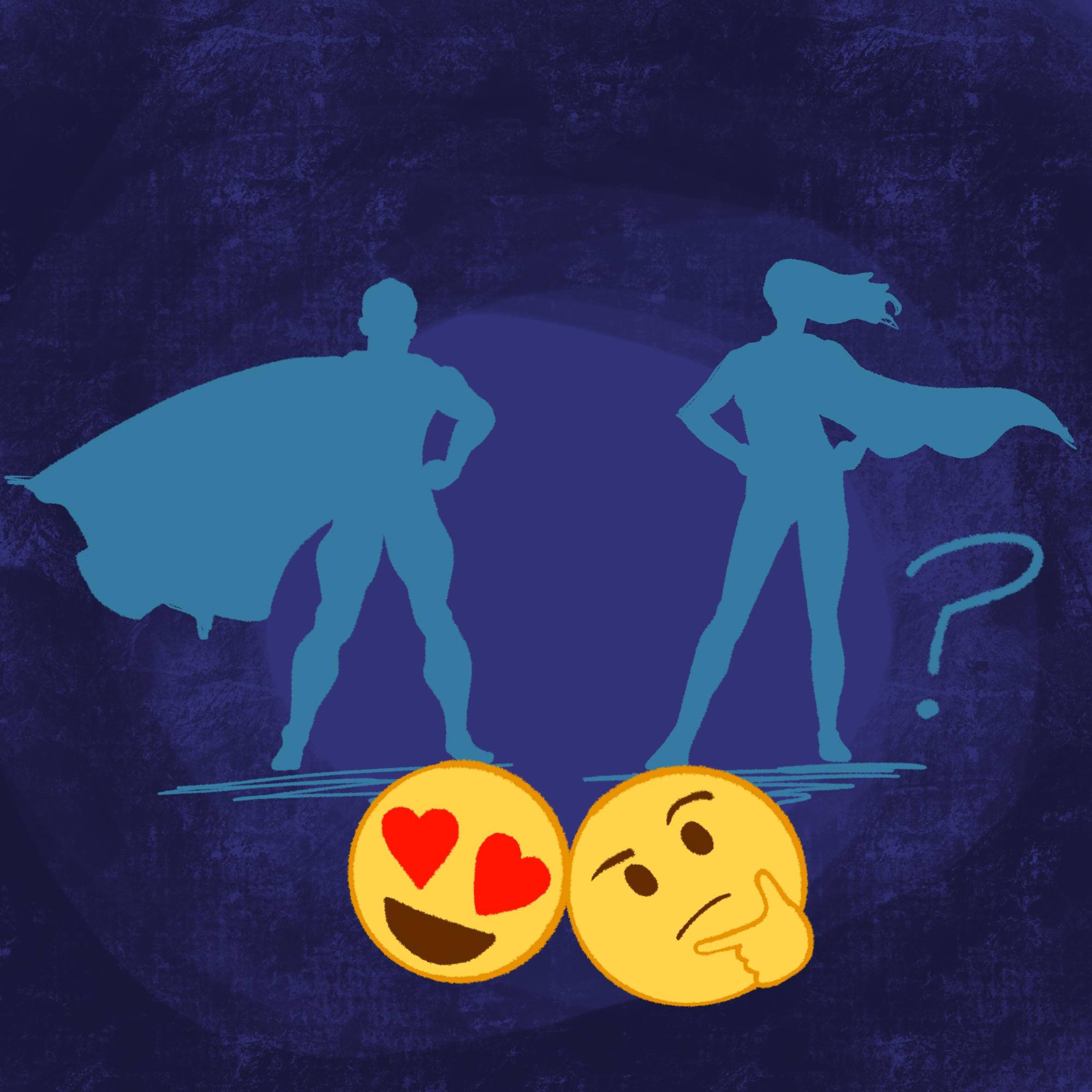Editorial | Why are we questioning female-led superhero flicks when men are also failing to lead?


In 2019, “Joker,” starring Joaquin Phoenix, hit the theaters, and a blockbuster hit was born. The gory, gritty movie was a smash, with non-superhero and superhero fans alike loving it. Its critical acclaim was vast as Phoenix won best actor at the Academy Awards, and the film garnered other major accolades across the board.
The sequel “Joker: Folie à Deux” — starring Phoenix again, alongside Grammy and Oscar winner Lady Gaga as Harley Quinn — was well-anticipated given the success of the first. However, its fans and critics have felt passionately that the sequel failed to meet its high expectations, with many simply just calling it “bad.” Until the new Deadpool movie, the first Joker film was the highest grossing R-rated movie ever. However, the opening weekend of its sequel didn’t even surpass $40 million. And now just past its second week, “Joker: Folie à Deux” has broken a record — it has dropped 88%, the largest deficit of any superhero movie to date.
Criticism of the film is vast, with some critiquing Gaga, others Phoenix and many simply calling the whole thing terrible. However, the one criticism that is not on the table is the questioning of whether or not men have the chops to lead superhero content.
The past couple of years, Marvel has produced a myriad of female-led superhero flicks and shows including the likes of “Black Widow,” “Ms. Marvel,” “She Hulk” and most recently “The Marvels.” All of these films and TV shows were met with disdain, and many even suffered from review-bombing tactics to tank their ratings in an attempt to persuade Marvel from creating any more “woke media.” While these female-led projects certainly have their flaws and don’t necessarily prove themselves to be the best of Marvel’s catalog, the fall of “Joker: Folie à Deux” presents a deeply disturbing double standard.
The stark reality is that female-led superhero projects are held to an unreasonable standard, burdened with the responsibility to not only succeed but to justify the existence of female representation in the genre. Conversely, male-led films are given far more grace to fail without their propensity to lead superhero films being questioned.
When films are bad, they are bad. Whether or not the main character has a penis does not indicate the quality of a movie or TV show. There should be space for a wide range of stories in the superhero genre, and those led by women deserve the same fair treatment as their male counterparts.
The Pitt News editorial is a weekly article written by the opinions editors in collaboration with all other desk editors. It reflects the collective opinion of the current Pitt News editorial staff.
Recent Posts
Opinion | Elon Musk has succumbed to the anti-woke mind virus
The idea of a political mind virus is intriguing, and if we chart his personal…
Editorial | The GPT-4 Studio Ghibli trend again reveals a horrible misappreciation for human-made art
Ignoring the potential violations and oversteps of copyright law, the ability to immediately generate images…
Review | ‘Opus’ feels like a rush job
Mark Anthony Green's “Opus” displays a lackluster plot despite brilliant performances. “Opus” leaves a confusing…
‘The new normal’: Pitt athletes reflect on changing landscape of women’s sports
Thanks to Title IX, college women athletes across the country have opportunities most women 60…
Column | This Pirates team doesn’t feel new
Look, baseball is a long season. If there is any sport that you can’t overreact…
Water outage causes ‘panic’ amongst students
A water main break on Tuesday night caused stress and confusion for students living in…
